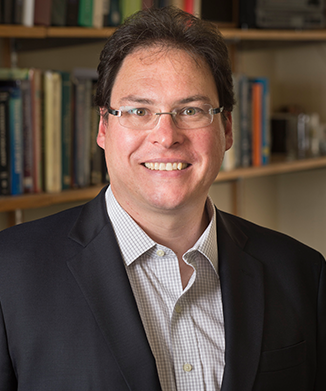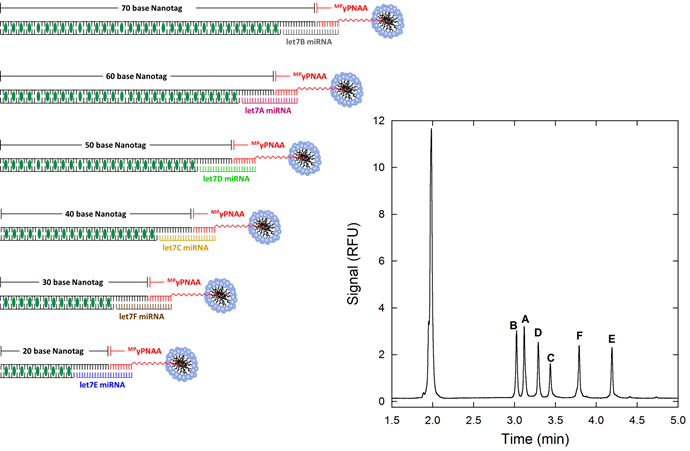
Dr. James W. Schneider
Professor, Chemical Engineering and Biomedical Engineering
- Doherty Hall 3121
- 412 268 4394
- 412 268 7139
Doherty Hall 3121
Carnegie Mellon University
5000 Forbes Avenue
Pittsburgh, PA 15213
Education
- B.S., Chemical Engineering, University of Wisconsin, 1992
- Ph.D., Chemical Engineering, University of Minnesota, 1998
- Postdoctoral Fellow, Naval Research Laboratory, Washington DC, 1998-1999
Bio
Jim Schneider received his B.S. in Chemical Engineering from the University of Wisconsin and his Ph.D. in Chemical Engineering from the University of Minnesota. His Ph.D. work under Prof. Matthew Tirrell and Prof. Robert Tranquillo used colloidal force measurements to better understand the forces underlying protein folding and cellular recognition processes. He then completed an ASEE Postdoctoral Fellowship at the Naval Research Laboratory where he studied biomembrane nanomechanics using atomic force microscopy. He joined the Chemical Engineering faculty on arriving at Carnegie Mellon in 1999 and was appointed a Courtesy Faculty in Biomedical Engineering when the department was founded in 2002.
Research
Jim Schneider’s research interests center on the use of self-assembly principles to deliver improved functionality to bioanalytical and medical devices. A common theme is the attachment of n-alkanes and lipids to peptides or DNA oligomers to form amphiphilic molecules that assemble into micelles and vesicles, presenting these biofunctional molecules in a controlled, programmable, and responsive manner. Applications for these materials include rapid, gel-free DNA electrophoresis, forensic identification, and rapid quantitation of trace RNA and miRNA. Recent efforts have focused on the latter for detection of viral contaminants in biomanufacturing process streams. Here, in collaboration with the Center for Nucleic Acids Science and Technology (CNAST) at Carnegie Mellon, amphiphilic forms of substituted peptide nucleic acids (PNAs) are used as tight, specific binders of nucleic acid targets. Other research interests include the development of bioinspired surfactants to study self-assembly and charging processes in oils and other nonpolar liquids, and the measurement of colloidal forces to better understand colloidal stability and separations of nanoparticles.
Research Interests: bionanotechnology; medical devices; biomaterials

Awards and Recognition
-
NSF CAREER Award, 2001
-
Beckman Young Investigator Award, 2002
-
Fellow, The American Institute for Medical and Biological Engineering, 2014
-
Associate Editor, Wiley Interdisciplinary Reviews: Nanotechnology and Nanomedicine